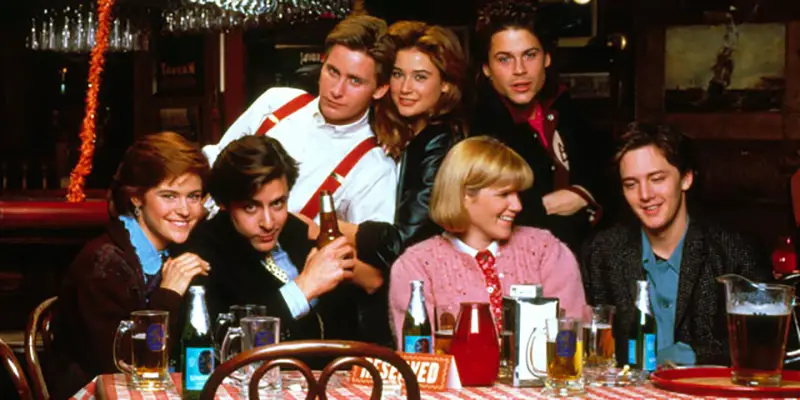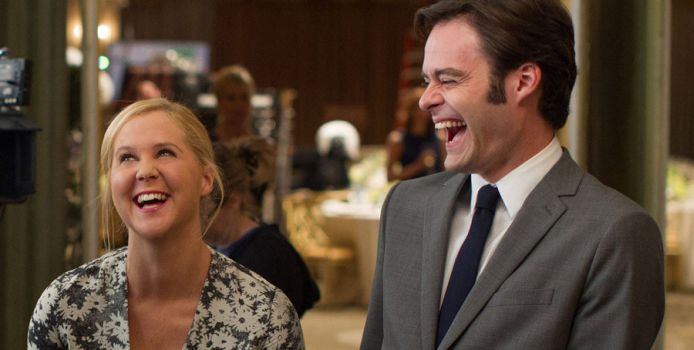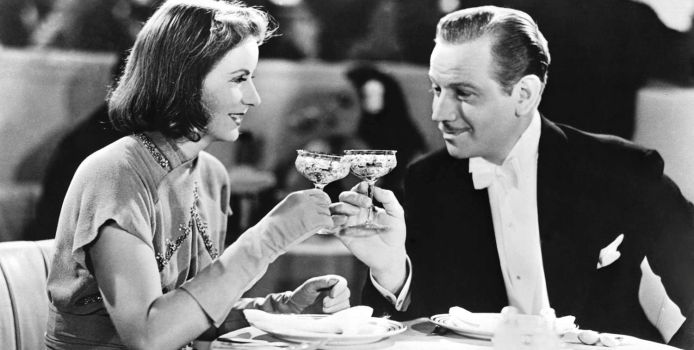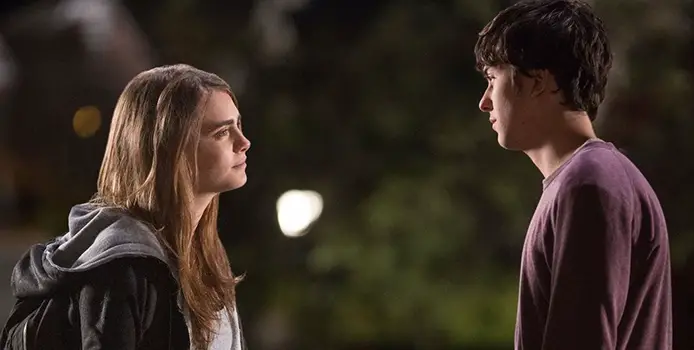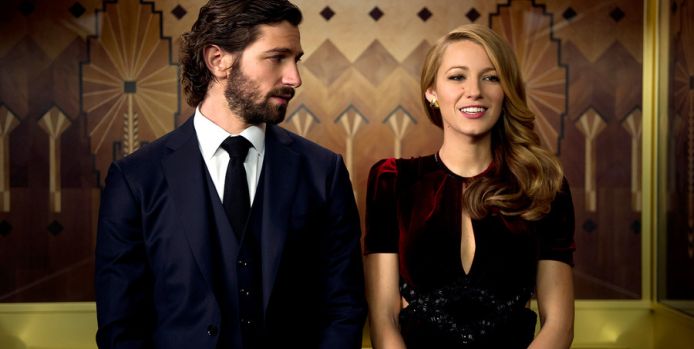romance

There is a moment about halfway through Brooklyn when Saoirse Ronan’s character is shown as a distant speck in a giant field of green grass, as if lost amongst the lush vegetation. The moment comes soon after she has decided to go visit her mother in Ireland after a loss in the family; though not immediately apparent, it foreshadows her soon-to-come inner conflict, which will make her question where she truly belongs. Such a gorgeous and symbolic shot is representative of much of Brooklyn, which is far deeper than its relatively straightforward subject matter would imply.
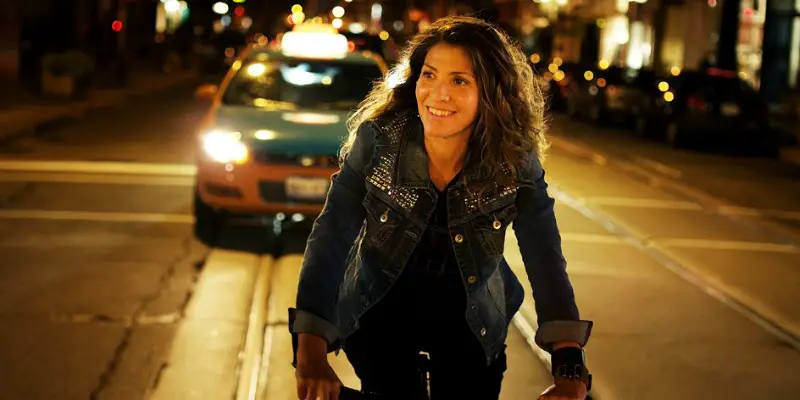
People like to tout the virtues of ‘unique’ and ‘misunderstood’ independent cinema, but sometimes a film is independent simply because it wasn’t good enough to obtain funding. The problem then is that curious people like me are unwittingly drawn to pretty bad, unknown, independently made films. Well, I’m delighted to say that while Portrait Of A Serial Monogamist is not going to rock your world, it’s better and I would say surprisingly sweeter than the average unknown indie.

Most directors have a recognisable style that characterises their movies, giving them a distinctive visual stamp that claims it as wholly theirs. Todd Haynes is an unusual director in that his style differs from movie to movie, fully committing to replicating different genres and bygone fashions to the extent that he has no distinctive visual style that claims any movie as distinctively his. With Carol, he has made a period drama not entirely dissimilar from his early film, 2002’s Far From Heaven.
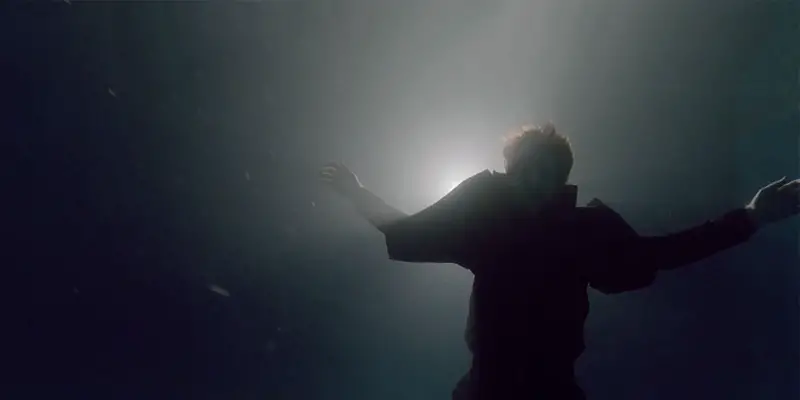
Knight of Cups is the first film I’ve ever seen where over a third of the audience left the theatre during the film. Without any context, I understand why this film would drive people to leave the movie. The film is an artistic montage, never stopping to deliver any linear narrative or dialogue scenes, continuing its visual poetry.
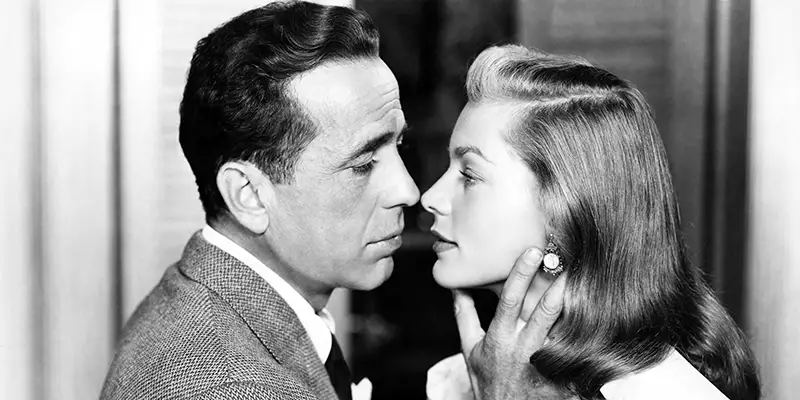
I can’t think of any other couple that exemplified the pure nature of an old Hollywood romance other than Humphrey Bogart and Lauren Bacall. If you take a quick glimpse at their history together, the love they shared was palpable. Bacall was only nineteen when they met (twenty when they married), and Bogart was old enough to be her father.
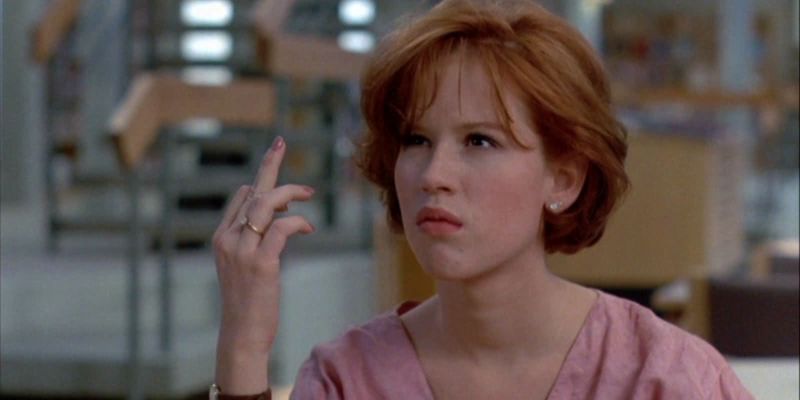
John Hughes had the innate ability of tapping into the voice of a generation unlike any other director I’ve seen. His movies continue to make a lasting impact on the film industry – and it’s easy to see why. Ferris Bueller’s Day Off, The Breakfast Club, Pretty In Pink and a plethora of other “teen” films that redefined the genre, gave thousands of hearts and minds a voice – something coveted if you were an angsty teen growing up in the mid-eighties.
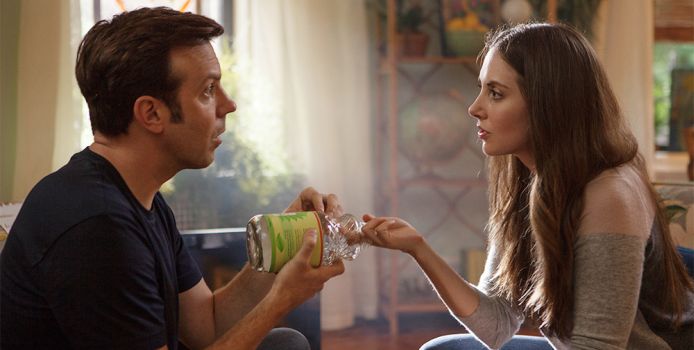
We currently live in an age where the classic rom-com has become taboo. Jerry Maguire and When Harry Met Sally have been traded out for Trainwreck and now Sleeping with Other People. The problem with this new modern movement is that the emotional heart of the original 80s and 90s films are mostly lost.
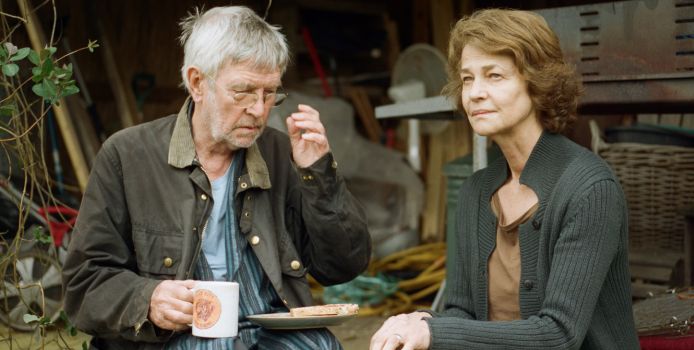
45 Years is unquestionably well-written and well-acted, to such a high degree that is literally impossible to argue otherwise. To say that Charlotte Rampling and Tom Courtenay give two of the most emotionally effective performances of their long and illustrious careers is equivalent to saying that the sky is blue and the world is round; it is so plainly obvious, arguing in its favour seems like a waste of time, as the greatness is clearly there for all to see. Emotionally engaging from the opening minutes On paper, the film feels like the opposite of director Andrew Haigh’s previous film Weekend; that film was about two men who meet and fall in love over the course of (you guessed it) a weekend, after a one night stand turns into something deeper.
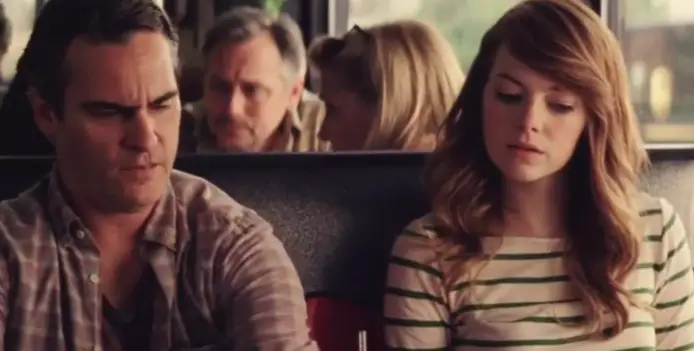
Woody Allen’s perennial dialogue of death and futility is upon us, and, as someone who takes comfort in the recurring anguish of Mr. Allen’s films, I couldn’t be happier with his 2015 iteration, Irrational Man. He executes a story equivalent in scope to what has become one of the auteur’s main ambitions these fifty years:

At the start of Andrew Bujalski’s latest film, Results, Danny (Kevin Corrigan) entreats his wife, Christine (Elizabeth Berridge), from the street below the open window of their New York apartment to let him back into the marital home. She closes the window, so he grabs its ledge in an attempt to pull himself up to and through the plate glass barrier. Danny, who carries Corrigan’s rosaceous, wan features, brittle hair, and generous paunch (sorry, Kevin), quickly drops to the ground.


